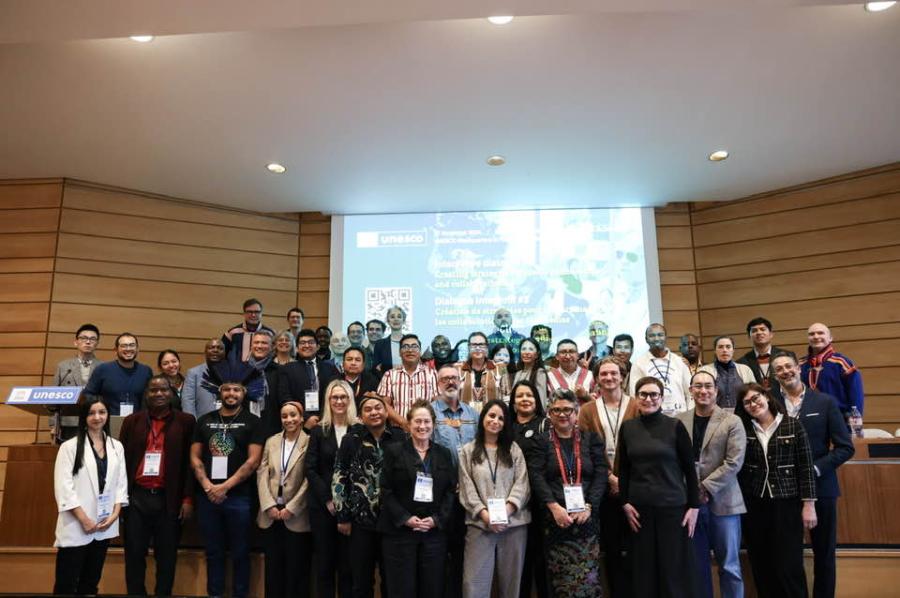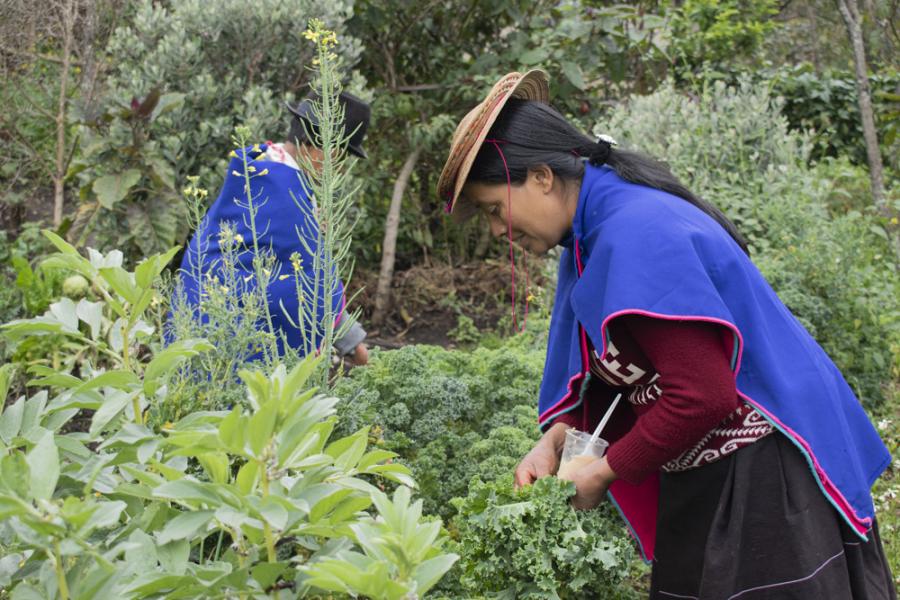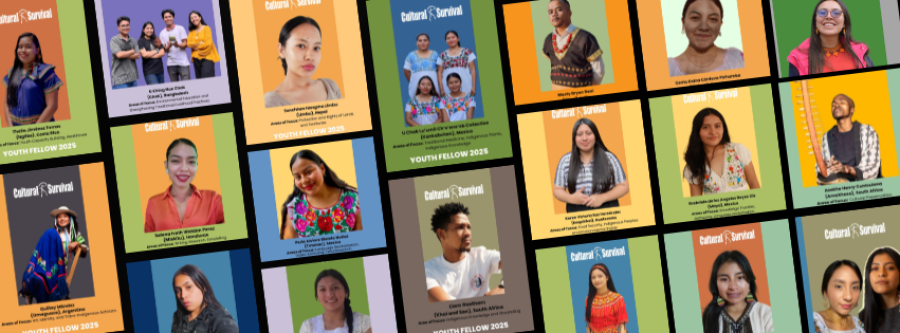In this issue of the Cultural Survival Quarterly, we highlight the personal sacrifice and vulnerability of Indigenous leaders around the globe fighting for the implementation of Indigenous rights and defending the environment. Berta Cáceres devoted her life to her people, to Indigenous people worldwide, and to life itself. Her murder is a senseless criminal act of violence and a deliberate attack on what she stood for: the rights of Indigenous Peoples. It should be condemned at every level, from the State to the international, and the perpetrators brought to justice. With Berta’s murder, we are reminded how fragile life is, how the sacred should always be protected, and how we all, as an international community, carry the responsibility to support and protect those working on the frontlines for social change.
International human rights mechanisms and global standards like the International Convention on the Elimination of Racial Discrimination and the newly issued General Recommendation 34 by the UN Committee on the Elimination of Discrimination against Women, have been established to aid Indigenous people in advocacy efforts. Yet, how do we battle with violence, persecution, and murder of human rights defenders in places where there is no regard for the sacred, for human life, for the environment?
We honor and thank community leaders like Patrick Pletinkoff, Richard Grounds, Cristina Coc and Pablo Mis, whose stories you will read here, that are tirelessly and selflessly working to stop the tides of climate change, language loss, and land dispossession. To make an impact and catalyze a movement it often only takes one brave soul to be a champion for change, and these brave souls need our support and protection. Stephen Muntet gives us a glimpse into the challenges of life of pastoral communities in Kenya and offers solutions for conflict and peacekeeping based on traditional values. And we welcome our newest board member, Jason Campbell, whose work also centers around Indigenous values and using these values to drive responsible and sustainable investments while improving the quality of life of Native communities in the US.
Also, Jeff Baker highlights the importance of Indigenous knowledge in the advancement of science and as “a source of transformative possibilities for catalyzing more equitable and sustainable ways of living.” We spotlight Harvard Art Museums’ ongoing exhibit “Everywhen,” featuring contemporary Aboriginal Australian artists, that curator Stephen Gilchrist describes as “thinking about time and power and who gets to claim it.” Power, who holds power, and how power is unjustly wielded, in the end is at the center of so many struggles Indigenous Peoples face.
Our truth to power is the fight for the future of our children, the generations to come, our mother earth, and the sacredness of all life. This is the struggle of our activist brothers and sisters on the front lines.
Thank you for your support and for standing with Indigenous leaders who are being systematically targeted and silenced as they defend their people, cultures, lands, and children.
Suzanne Benally



